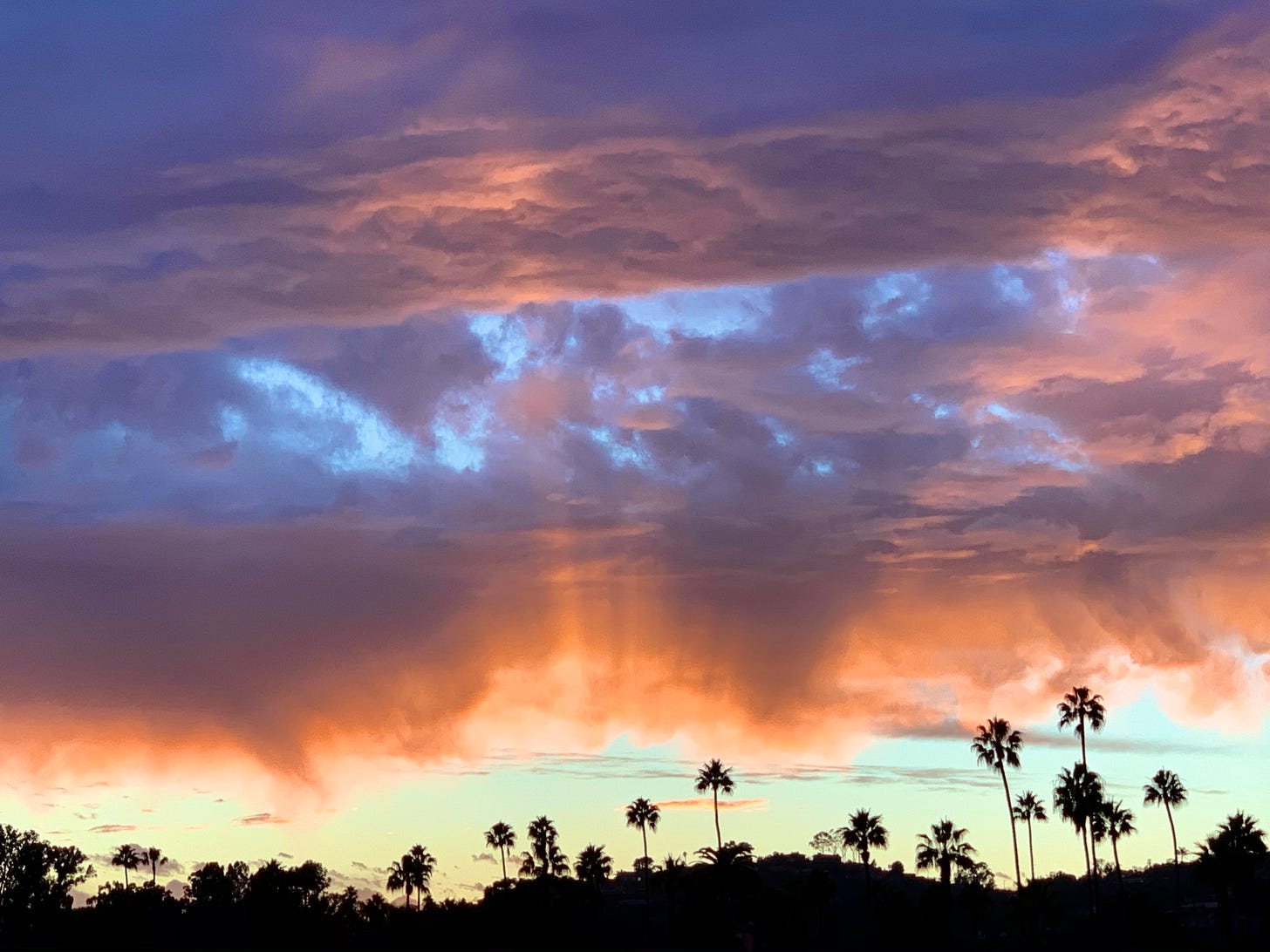Black lives still mattered.
BLM was put on the back burner as expected.
On October 26th, in Cobbs Creek, Philadelphia, a Black man named Walter Wallace Jr., known for having manic bipolar disorder, experienced a mental health crisis and was shot and killed by police officers when they rolled up. They were summoned via 911 by his family, who hoped an ambulance would show up rather than an armed response. Wallace was brandishing a knife and approached officers while ignoring commands to drop the weapon. Wallace’s mother, knowing he was ill, tried to intervene, to no avail. The police fired fourteen times.
Wallace received mental health treatment just days before. The West Philly crisis center which treated him questioned why any of their representatives weren’t contacted and included in the emergency response. There was cell phone video footage of the incident. While it was clear Wallace was holding a blade, he was also walking around in a confused daze. Sometimes he approached the officers, but there was no lunging, no attempting to stab or slice anyone.
There were no evident attempts by the police to engage in de-escalation tactics, non-combative verbal prompts to try and defuse the heat of the moment. All emergency responders are supposed to be trained in these methods. Wallace’s family questioned why the officers who showed up weren’t armed with tasers or non-lethal weaponry. In Philadelphia, 911 calls including reports of distressed citizens having mental health issues usually trigger notifications to the nearest mobile crisis units normally deployed by social services. The police received no less than three calls from Wallace’s family, yet no crisis units had been notified.





